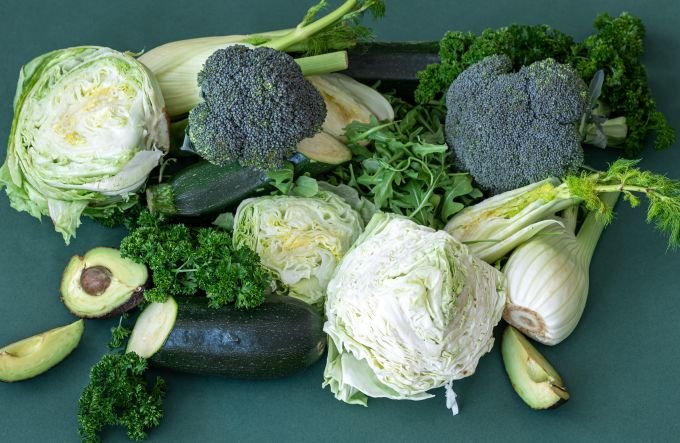
Substances in food contribute to cell protection
A healthy diet can support the immune system and help the body fight disease.
Antioxidants help the body by preventing free radicals from oxidizing and damaging cells.
Carotenoids
Carotenoids are pigments that create orange, yellow and red colors in foods.
Lycopene
Lycopene is a bright red pigment, often found in tomatoes, watermelon, pink grapefruit… Antioxidants in lycopene are related to cancer prevention.
Lutein
Researchers at the University of Toronto and several units in Canada found that lutein intake is associated with a reduced risk of developing cancer because it contributes to cell protection.
Green vegetables contain many antioxidants, which help reduce the risk of cancer.
Kaempferol and quercetin
Kaempferol and quercetin are both flavonoids that help control cell activity and contribute to protecting them from the harmful effects of free radicals.
Curcumin
Curcumin can prevent and support cancer treatment, but the body absorbs it poorly, so its effectiveness is limited.
Folic acid and folate
Folic acid and folate are forms of vitamin B9.
A folate deficiency may increase the risk of certain types of cancer.
Sulforaphane
Research by the University of Toronto and several units in Canada in 2017 showed that the plant compound sulforaphane has the ability to reduce the risk of cancer, contributing to inhibiting growth and causing many cancer cells to die.
Fiber
A high-fiber diet helps with better digestion, regular bowel movements, and helps prevent many diseases.
The way vegetables are prepared can affect the amount of vitamins, minerals and plant compounds.
Kim Uyen (According to Verywell Health)


